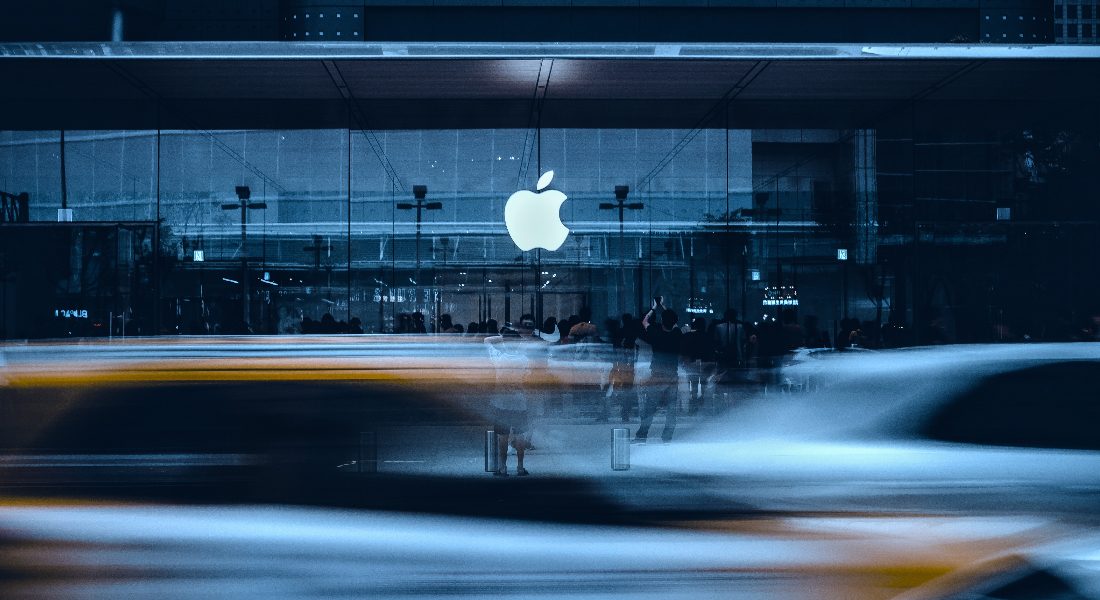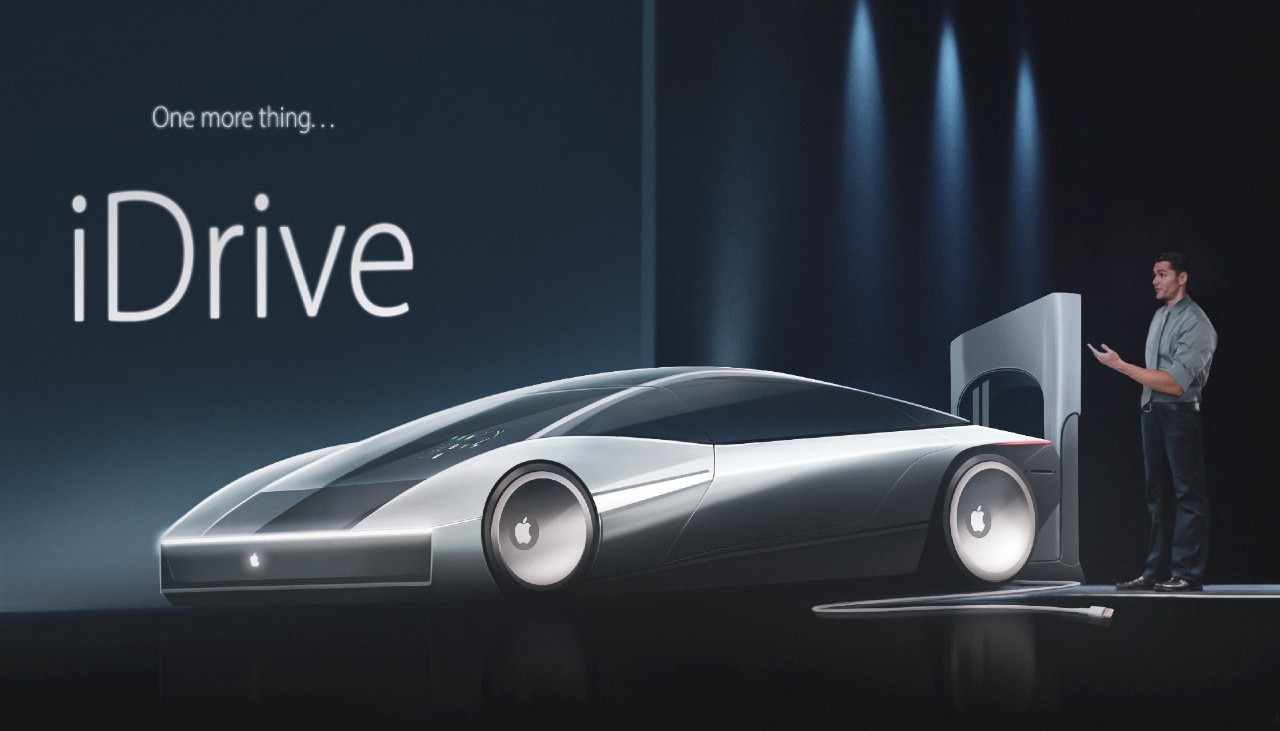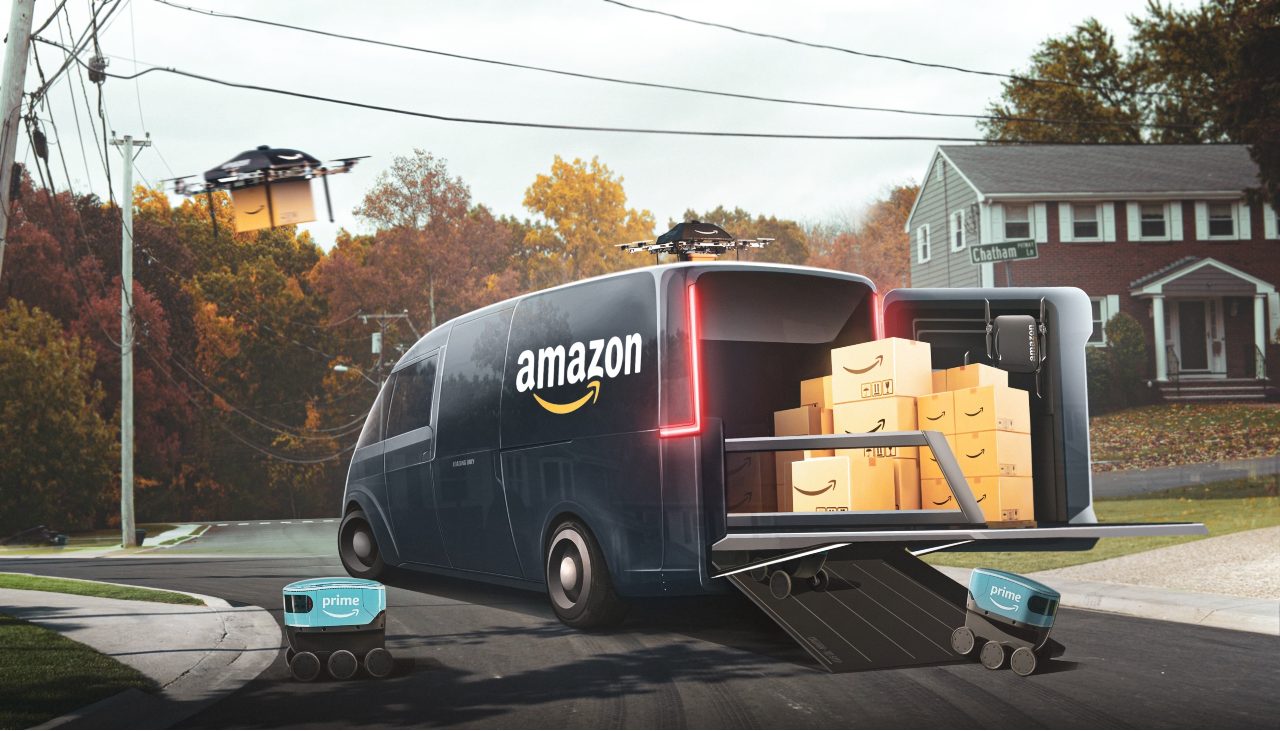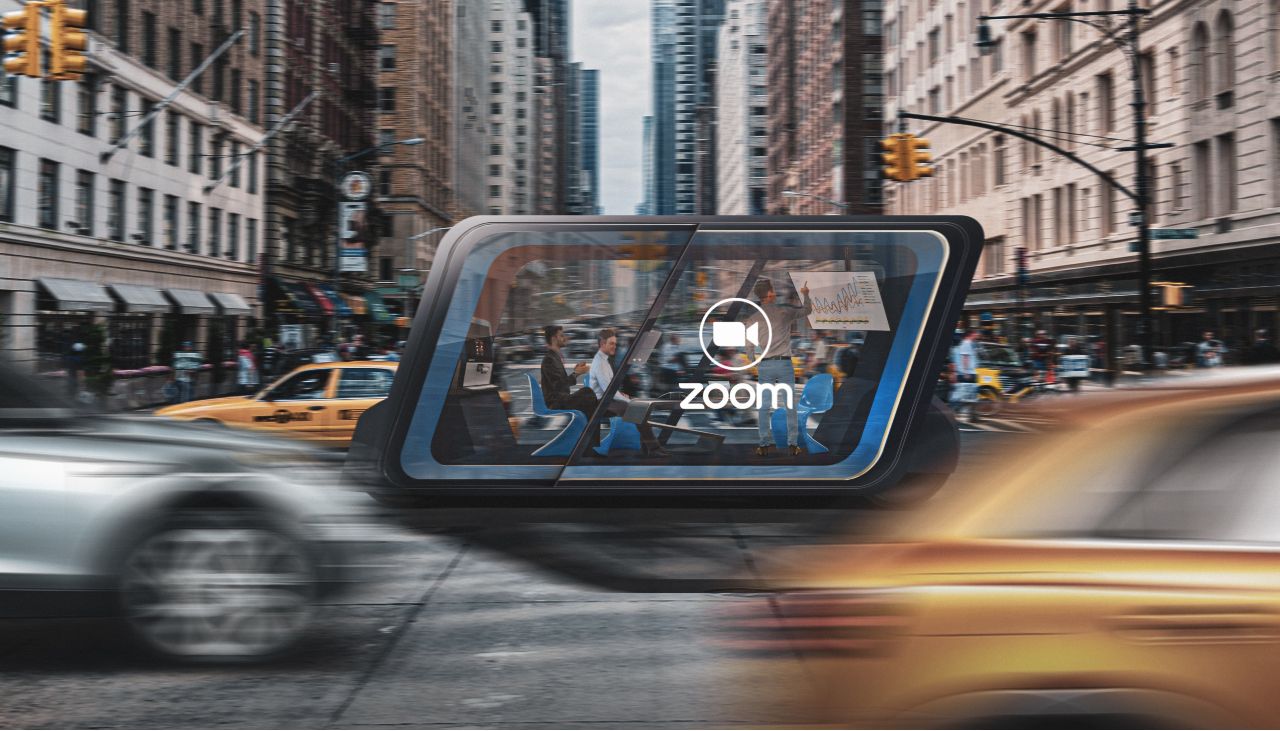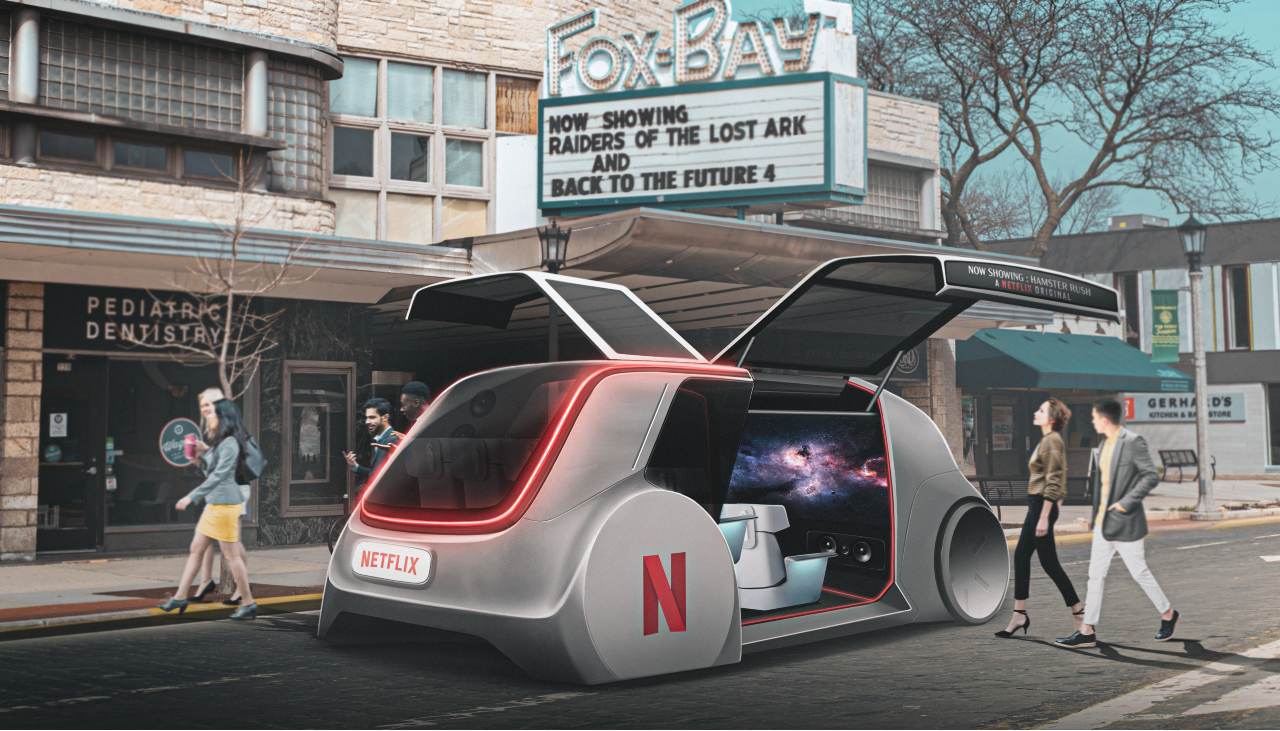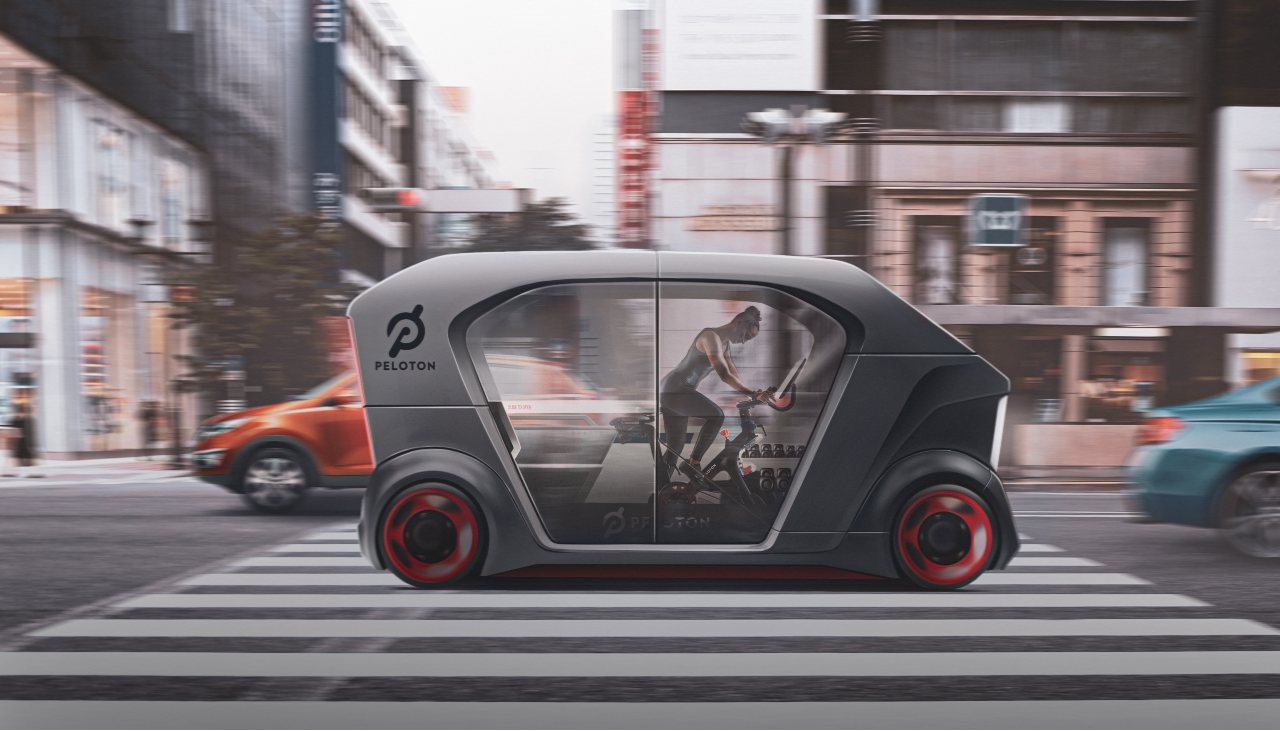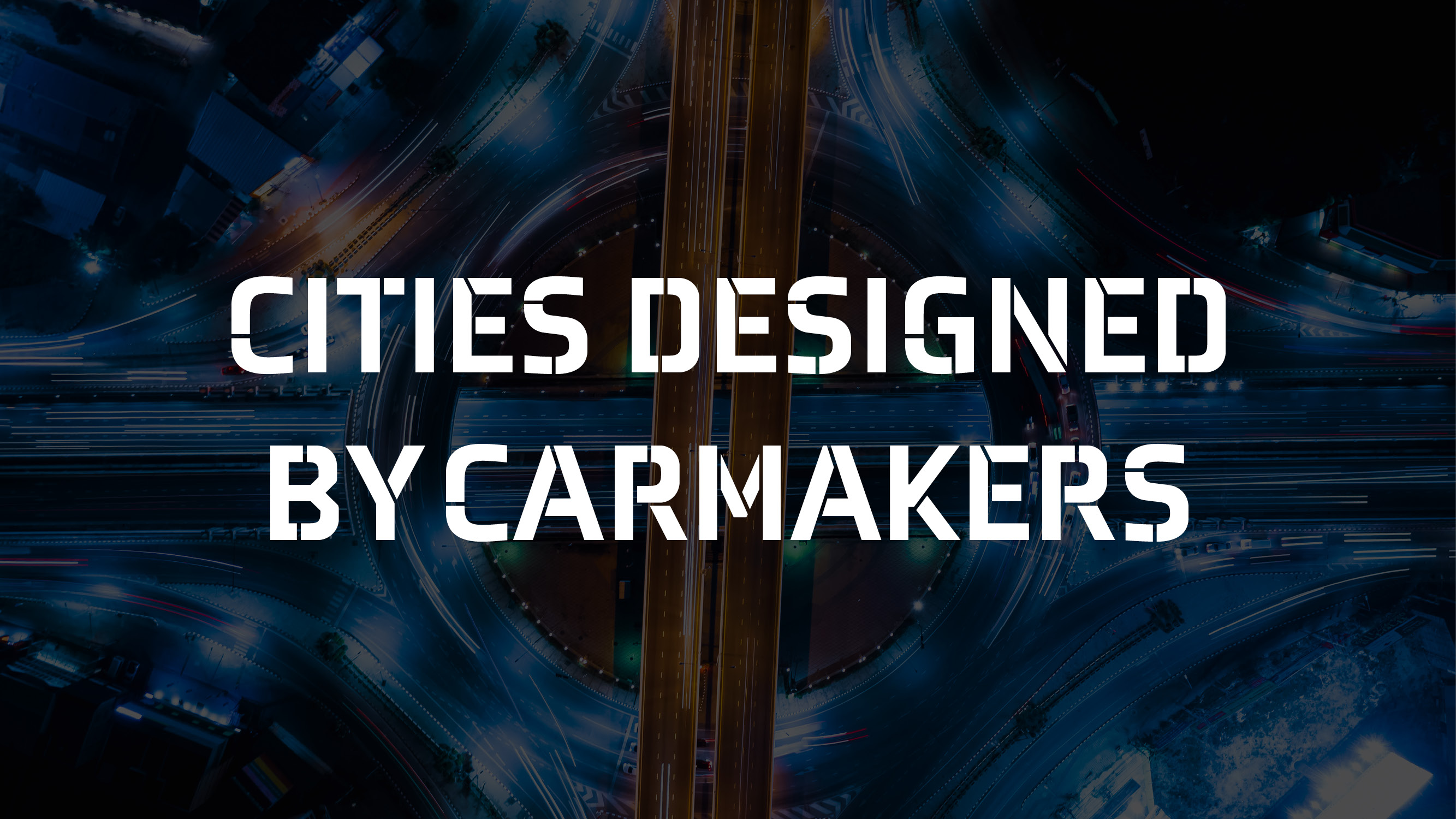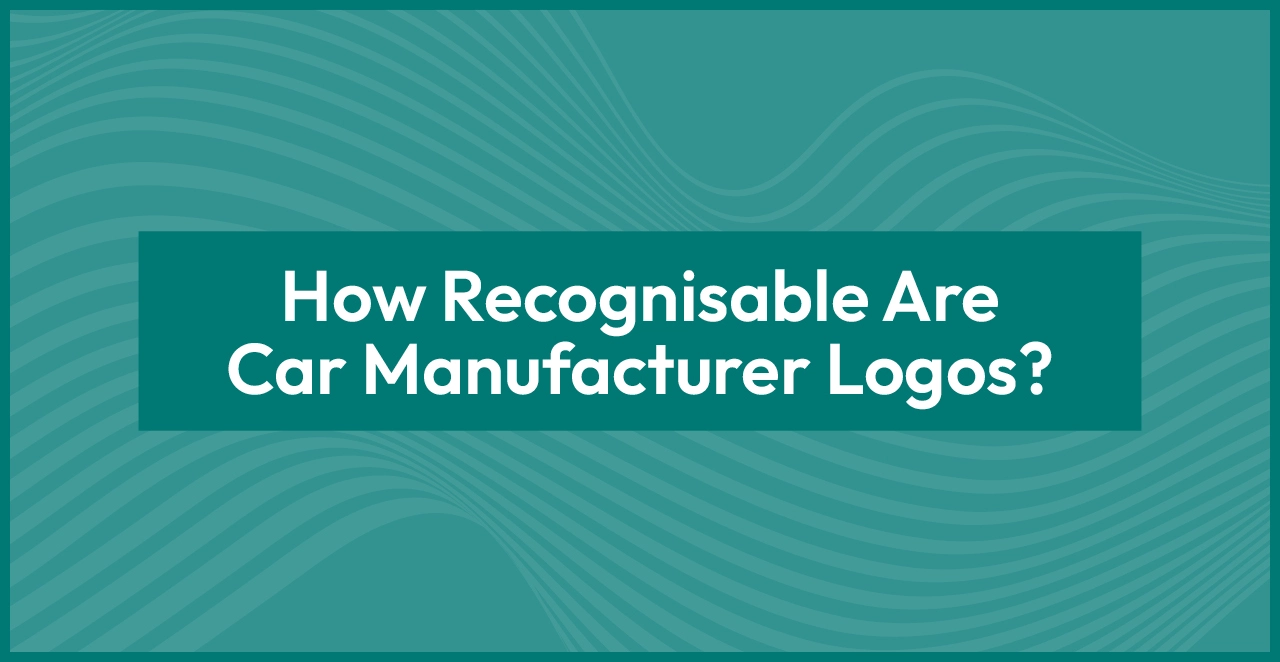Apple is aiming to launch a self-driving car in 2024. Although this exciting news has gone hand in hand with a bit of a troubled production cycle, namely Hyundai's recent exit from the process, Nissan is already slated to step straight in. So, here's hoping that the future of motoring stays on course.
This got us thinking about other big players in tech and what their brands would want from a similar project. As much as we love all of the great motors available in our car leasing offering, there are plenty of exciting possibilities to imagine.
A Netflix-developed cinema on the go, getting your exercise in with Peloton while you commute longer distance, strategy meetings taking place over Zoom while navigating bustling city traffic to and from an important pitch – these are just a handful of possibilities for what we could end up seeing on our roads.
So, without further ado, here is our take on what the future of driverless vehicles could look like if the world's leading tech brands have anything to do with it.
Apple – iDrive
Sleek, minimalist, and highly user-friendly – Apple's move from a lifestyle tech giant to automotive disrupter will most likely result in one of the best-looking new motors on the market. Their self-driving car will likely keep the muted colour scheme of their flagship phones – think Space Grey and Rose Gold as standard, with a wider selection of brighter colours available to those willing to shell out a bit more.
Apple's car is also likely to be hooked up with the iOS app ecosystem, allowing passengers plenty of ways to pass the time as they're ferried about in style. However, it's worth noting that the Cupertino-based company's love of shipping essential peripherals separately may be a bigger problem when it's a steering wheel rather than a stylus.
Judging by the price tag that usually goes along with being an Apple fan, it's hard to see this being affordable in a single purchase, though they've never been one to pass up on a savvy subscription finance model. Once they have you hooked on the first version there will be no escape from their breakneck release schedule of incrementally better cars each year.
KEY FEATURES:
- Sleek, Apple-branded appearance.
- Functionality straight from their handheld ecosystem.
- Plenty of additional peripherals for those with deep pockets.
Amazon – Prime Max
The future of vehicles from tech companies won't just be aimed at making motorists' lives easier. Brands like Amazon will be much more focused on how they can create vehicles that streamline their delivery service even more.
The answer to this is, of course, robots. Whether that's in the form of a fleet of drones that would be launched and refuelled via this mobile hub or small ground-based delivery droids. Both will make that last mile increasingly cost-effective and eco-friendly, meaning you can feel a bit less guilty about those packages you forgot you ordered the night before.
This will be a function-first vehicle that can fit everything needed to get products from A to B (or A to Z if you ask Amazon) quickly.
Packing everything into the back of a large, modern van-style shell keeping a touch of nostalgia in their fleet design – they've always been keen to be viewed as the friendly, helpful face of global delivery monopolies – the rear cargo compartment is where the tech really comes into its own, acting as a launch point for its little robotic helpers to carry packages to their destination within a predetermined radius.
KEY FEATURES:
- A mini onboard fleet of drones and robotic delivery units.
- Increased cargo capacity to improve delivery efficiency even more.
- EV tech allows you to feel less guilty about getting your daily Prime fix.
Zoom – MeetUp
Zoom. It's a four-letter word that, as of 2020, means many things to many people. The comfort of seeing family, the convenience of face-to-face business communication or the sheer horror of having to come up with entertaining quiz questions when your turn rolls around again.
It's also a complete missed opportunity for it not to be attached to something four-wheeled and fast.
To stay ahead of the curve and leave the likes of Skypes and Teams in the dust, Zoom could look to branch out from meetings at a distance to revolutionise business on the move. No more trying to balance a laptop, notepad, phone and coffee on your knees or a tiny tray table whilst strategizing for that big pitch – you and your team should have everything you need to stay connected on the go like you're taking the office with you.
Despite some initial concerns about the platform's security – which you certainly don't want to have in a connected autonomous vehicle – the company turned things around and continue to be the go-to in video conferencing for many companies.
This driverless mobile conference room would make a killing shuttling people from airports to offices, giving people the capacity to conference on the motorway and bridging the gap between remote and face to face meetings.
KEY FEATURES:
- A fully kitted out workspace on the go.
- Refreshments available (read: lots of coffee) to help keep you on top of your game.
- Seamless audio-visual comms system allows you to hold meetings as you travel between face-to-face engagements.
Airbnb – Serenity Shuttle
What began as a place for people to advertise their spare room to strangers looking for a weekend away and make an extra few quid has evolved into a brand much more focused on offering full getaway experiences.
The next logical step is to capitalise on getting people to and from their chic holiday apartment rentals in style. That's where the Airbnb Serenity Shuttle would come in – creating an end-to-end experience that picks you up and takes you from your front door to your destination, starting the holiday from your driveway (or the airport when we're allowed to use them again).
A mini-flat on wheels with everything you need to pass the time in the hours between home and holiday, giving you a serene journey comparable to a stay in a 5-star Airbnb.
This would take the stress out of travelling to your dream staycation and the on-board navigation system would ensure there were no arguments about which left turn to take to find the hidden glamping spot you've booked.
KEY FEATURES:
- Turning the journey to your holiday rental into a truly relaxing experience with entertainment and soft furnishings to maximise comfort.
- Helps give you that holiday feeling before you even get there.
- All the essential facilities to ensure you don't need to pull into a service station every time nature calls.
Netflix – CineMove
What would you say if you could have the full cinema experience brought to your doorstep? Or even enjoy it whilst taking a long journey instead of trying to get the most out of the latest blockbuster on a smartphone screen? If Netflix entered the driverless vehicle market – this would likely be their goal.
Never afraid to be disruptive, the streaming giant has grown from being a DVD delivery service to producing content that's showered with award nominations (despite industry objections) and is even looking into buying physical cinema locations. The next reasonable move would be to bring the full, immersive experience of visual media to your doorstep.
Think professional quality surround, cinema-style seating, in-built food and drink facilities as well as lighting that complements what you're watching from their back catalogue. The CineMove would seamlessly combine the comfort of an intimate cinema viewing with the convenience of having it arrive on order.
Odds are, this would become part of their tiered subscription service. If you're willing to pay the big bucks, you'll be able to choose various levels based on whether you just want it stationary as a short-term rental or longer use for travel, how many seats you'll need and how fancy the film snacks are.
KEY FEATURES:
- An intimate cinema experience straight to your door.
- Premium memberships have the option to watch their favourite flicks on the move.
- A range of cinema snacks to choose from depending on your subscription level.
Peloton – CommuCycle
The most common excuse for not going to the gym in an increasingly hectic life is that it doesn't fit around other commitments i.e., a lot of people really can't be bothered before or after work. This vehicle from Peloton would give people the opportunity to integrate fitness into the commute.
With a selection of exercise equipment to let you tailor your workout - including their inexplicably sought-after bike which lets instructors shout at you for "not giving it 100%" from a remote location - Peloton could really disrupt the gym sector by making structured exercise part of people's daily journey as opposed to another place to stop off between work and the house.
A perfect all-weather work-out on the move would perform well in a society that's increasingly valuing healthier lifestyles both in terms of what we eat and keeping active. Plus, trying to hit that distance target will be a good distraction from rush hour traffic.
If these would end up being shared units, they'd need to invest in a state-of-the-art air conditioning/fragrance unit to keep the 'gym smell' at bay from ride to ride but that shouldn't be a problem for a company that's reporting upwards of £2.8bn in revenue as of Q1 2021.
KEY FEATURES:
- Turns your daily journey to and from work into a great opportunity to keep fit and healthy.
- A range of equipment available in each of the vehicles, can be customised based on subscription.
- Tuned straight into Peloton sessions so you still get the authentic experience of being coached on your commute.

